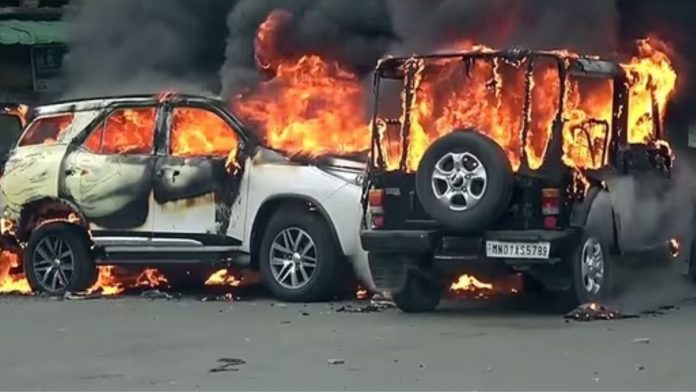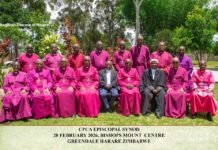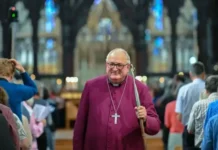Violent clashes between ethnic groups in the northeast Indian state of Manipur, which started on 3 May, have led to the deaths of at least 60 people and the displacement of approximately 23,000 others, most of whom are living in army camps or have fled to neighbouring states such as Assam and Mizoram. Several houses, churches, shops and temples were also burnt down.
In a statement on 8 May, the Chief Minister of Manipur N Biren Singh told local media that 60 people have been killed so far, 231 people have been injured and 1,700 houses have been burnt down. He also appealed for peace and calm.
The violence began after a protest march on 3 May, reportedly attended by over 60,000 people, organised by the All Tribals Students Union of Manipur in opposition to the Manipur High Court’s request to the state government to send a recommendation to the central government to include the Meitei community in the Scheduled Tribe (ST) category.
The protests, which first turned violent in Churchandpur district, are also believed to have been triggered by the demolition of several churches by the state government as part of an eviction drive in April. Further violence was reported from Imphal on 4 May, including the burning down of properties, and clashes between the Kukis and Meiteis. The government issued a shoot at sight order in extreme cases and at least 23,000 displaced people have been given shelter so far.
On 6 May Chief Minister Singh held an all-party meeting in which it was resolved that peace committees would be immediately set up in all assembly constituencies to promote peace at the grassroots level. On 8 May India’s Supreme Court directed the central government and the Manipur state government to ensure protection and rehabilitation of the victims, the provision of medical facilities at relief camps, and the arrangement of their safe return back to their homes.
Scheduled Tribe (ST) status grants certain benefits to India’s tribal communities, including a reserved number of places in government jobs and educational institutions, and healthcare benefits.
The non-tribal Meitei community accounts for approximately 60% of the population of Manipur and is largely concentrated in the Imphal valley, the state capital located in the centre of the state. Meanwhile, the majority of the state’s tribal communities are concentrated in the hilly areas around Imphal.
The Meiteis have been demanding ST status for years, claiming that they face economic and social difficulties due to illegal immigration from other states. They also claim that they are not allowed to live in the hilly areas of the state due to the laws protecting the Scheduled Tribes. The tribal communities, predominantly the Kukis, the largest tribe, are opposed to granting the Meiteis ST status as they fear it will mean they will lose land resources currently protected under Article 371C of the Indian Constitution.
The Meiteis are a predominantly Hindu community, while Kukis and other tribal groups in the area are predominantly Christians. The Meiteis are generally considered more advanced in the areas of education, employment and representation in the government. Approximately 40 out of the 60 seats in the Manipur State Assembly are held by Meiteis.
A petition filed by the Manipur Tribal Forum, which was heard by the Supreme Court on 8 May, claims that ‘the attacks had the full support of the party in power in the State as well as the Centre which supports the dominant group and has planned the attacks on account of a non-secular agenda.’ Another hearing is scheduled for 17 May.
CSW’s Founder President Mervyn Thomas said: ‘The violence in Manipur is not surprising, but deeply worrying given the trend towards greater tensions between ethnic and religious minorities under the Modi government. We urge the state and central governments to act swiftly to stop further violence and to ensure that people who have been displaced or stranded are cared for. We also call on the government in Manipur to ensure that all citizens are afforded opportunities for economic and social advancement, regardless of whether they are granted Scheduled Tribe status.’



